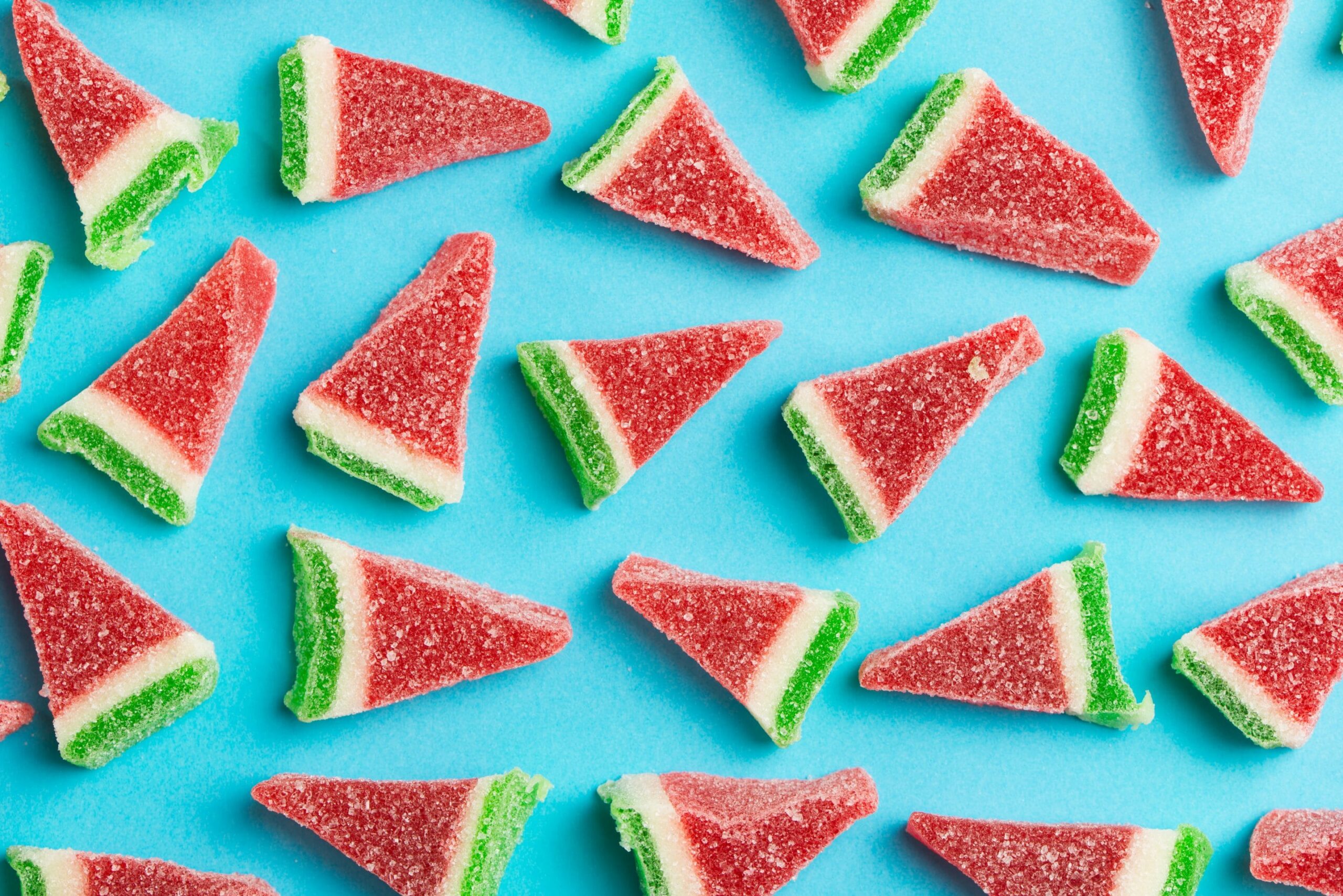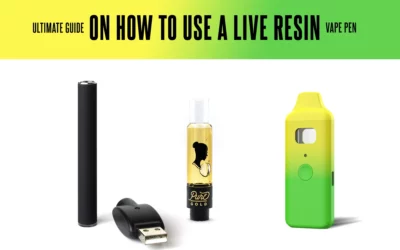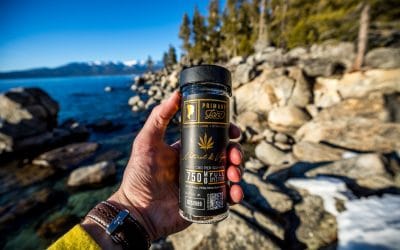Over the last couple of years, the United States health foods scene has adopted CBD with open arms. With an expanding body of peer reviewed research, CBD has been touted as a potential treatment for several chronic conditions and an enhancer for any healthy lifestyle. More recently, the popularity of CBD edibles, such as gummies, has exploded. Before diving into the myriad of offerings in the CBD edible space, it’s important to understand what CBD is, it’s effects, and how it’s processed by the body. Here are some answers to the most common CBD edible questions.
What’s in CBD edibles?
CBD edibles contain CBD oil that’s extracted from the hemp plant, a plant that’s high in CBD and very low in THC. Unlike marijuana, CBD is the most abundant cannabinoid in the hemp plant.
Edibles are produced by introducing the chosen extract from the hemp plant into the food during its production process. This allows the CBD and the rest of the chemical profile to disperse evenly into edibles, providing a balanced and consistent dosage. This process can vary for different forms of edibles, such as baked goods or gummies.
What does CBD do?
One of the most common CBD questions is “what does CBD do?”. CBD is the second most common cannabinoid behind THC, but possesses none of the psychoactive properties. This means that consumption of CBD in all of its forms does not yield any sort of high. Additionally, CBD has been extolled for its use as a potential relief agent for numerous chronic conditions. It’s important to note that, though the body of research is steadily growing, there is a limited scientific consensus on the benefits of CBD. Currently, the FDA has not set forth official literature on the effectiveness of CBD.
CBD And The Endocannabinoid System
The endocannabinoid system is an integral part of the human endocrine network. It serves as a system of sending, receiving, and processing various chemical messages. The human body produces its own cannabinoids, called endocannabinoids, to perform a variety of tasks. Cannabinoids are also frequently ingested through outside sources. Cannabinoids derived from plants are called phytocannabinoids. The same system that processes endocannabinoids within the human body also processes phytocannabinoids, most commonly THC and CBD. When processed within the human body, both endo and phytocannabinoids bind to different receptors within the endocannabinoid system to produce a variety of effects. Frequently, phytocannabinoids can bind with the same receptors as endocannabinoids and create similar or stronger effects. This is in part responsible for the different medicinal effects of CBD. Current research suggests that CBD interacts with approximately 65 different receptors. Research into its interactions with the body, effects, and side effects are ongoing.
Types of CBD Extracts Found in Edibles and Other Products
Almost all types of CBD products contain one of three types of hemp extract: broad spectrum, full spectrum, and isolate. CBD Isolate consists of nothing but CBD; no additional minor cannabinoids, terpenes, or chemicals. Though widely available, isolates are generally considered to be less effective than their broad and full spectrum cousins. Broad spectrum extracts include CBD, minor cannabinoids and terpenes, but with zero THC. Full-spectrum contains everything the hemp plant has to offer; CBD, terpenes, cannabinoids, and trace amounts of THC (>0.3% as per the 2018 Farm Bill). Recently, full spectrum products have become increasingly popular due to the synergistic effects of the full spectrum of cannabinoids.
How are different forms of consuming CBD processed by the body?
Three of the most common forms of consumption for CBD are inhalation, sublingual, ingestion. When smoked, the chemical compounds in hemp, primarily CBD, are absorbed through the alveoli in the lungs and immediately deposited in the bloodstream. This leads to a very quick uptake of CBD. However, the CBD then exits the system quickly. As a result, the effects of smoking CBD are usually short lived, and require a more frequent dose.
The sublingual method, on the other hand, requires that CBD oil be held under the tongue for 60 to 90 seconds. The mucus membranes in the mouth then absorb CBD and other compounds. As a result, the CBD skips the digestive system and is efficiently absorbed into the bloodstream.
Ingestion however takes significantly longer. When eaten, the chemical compounds of an edible are absorbed through the digestive system. When the digestive system breaks down the edible the chemical profile, CBD included, is then processed in the liver. Enzymes within the liver reduce the concentration of the CBD prior to passing it to the bloodstream. Since the digestive system significantly slows the uptake of CBD and its metabolic breakdown, the effects of CBD edibles can last for 6+ hours and requires less frequent consumption. However, the digestive breakdown of CBD is a more inefficient way of processing CBD, compared to smoking or sublingual consumption. The dosage you regularly take of a CBD tincture may be different than what would be appropriate for an edible.
How long do effects last?
CBD can remain effective for different lengths of time depending on the method of consumption. The longest lasting method is CBD edibles, frequently lasting 6 or more hours. However, compared to other methods the onset time is significantly longer. The effects of sublingual and inhaled CBD may last 2-4 hours. Unlike ingested CBD, their onset time is significantly faster.
How long does CBD remain in your system?
Many who are taking CBD are concerned about drug tests. The vast majority of drug tests do not test for CBD. Unlike THC, CBD exits the system significantly faster, frequently within two to five days. However, this is the majority of cases. For some, CBD may stay in their system for weeks.
CBD edibles summary
The potency, effects, and retention in the body of CBD can be influenced by a variety of factors. This includes methods of consumption, age, health, weight, and diet. Depending on the above factors, the effects of CBD may last 2-8 hours. It exits the body within 2-5 days. However, there are extenuating circumstances in which the length of effects or retention in the body can be significantly higher. We cannot provide any formal advice on this website. It’s important to perform your own research and understand what method of ingestion is right for you.






0 Comments